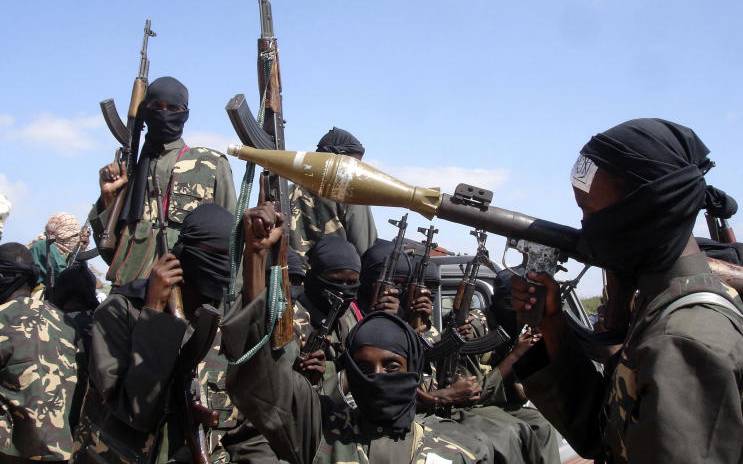
In early August as I was going through my daily routine, I received a phone call from a friend who wanted to know if I had seen a report, by Africa News, July 31, on ‘Kenya and the listing of Terrorists’. Undoubtedly, my curiosity escalated to inquire what was going on that I needed to know. In response, he asked another question that sounded quite technical that: “Kenya has called on the UN to formally list Al-Shabaab as a terrorist group, so what have they (Al-Shabaab) been all along?”
Indeed, this was a deserving question to which any concerned Kenyan, given the atrocities experienced in the hands of ‘terrorists’ in the last two decades, would dare to ask. I didn’t have an immediate answer to ‘what Al-Shabaab would be if they are not terrorists.’ Perhaps someone from the National Counter Terrorism Centre would provide an answer and possibly confirm if we have a ‘definition of terrorism without Al-Shabaab.’ The report stated that Foreign Affairs Principal Secretary Macharia Kamau sought to make application for Al-Shabaab to be declared terrorists just like ISIS, Taliban, and Al-Qaeda, and I quote: “We will formally be submitting a request, seeking support in listing Al-Shabaab under UN Resolution 1267 of 1999.” The submission reportedly narrates how the ‘terrorist group’ has caused harm in Kenya and Africa at large to strengthen the case.